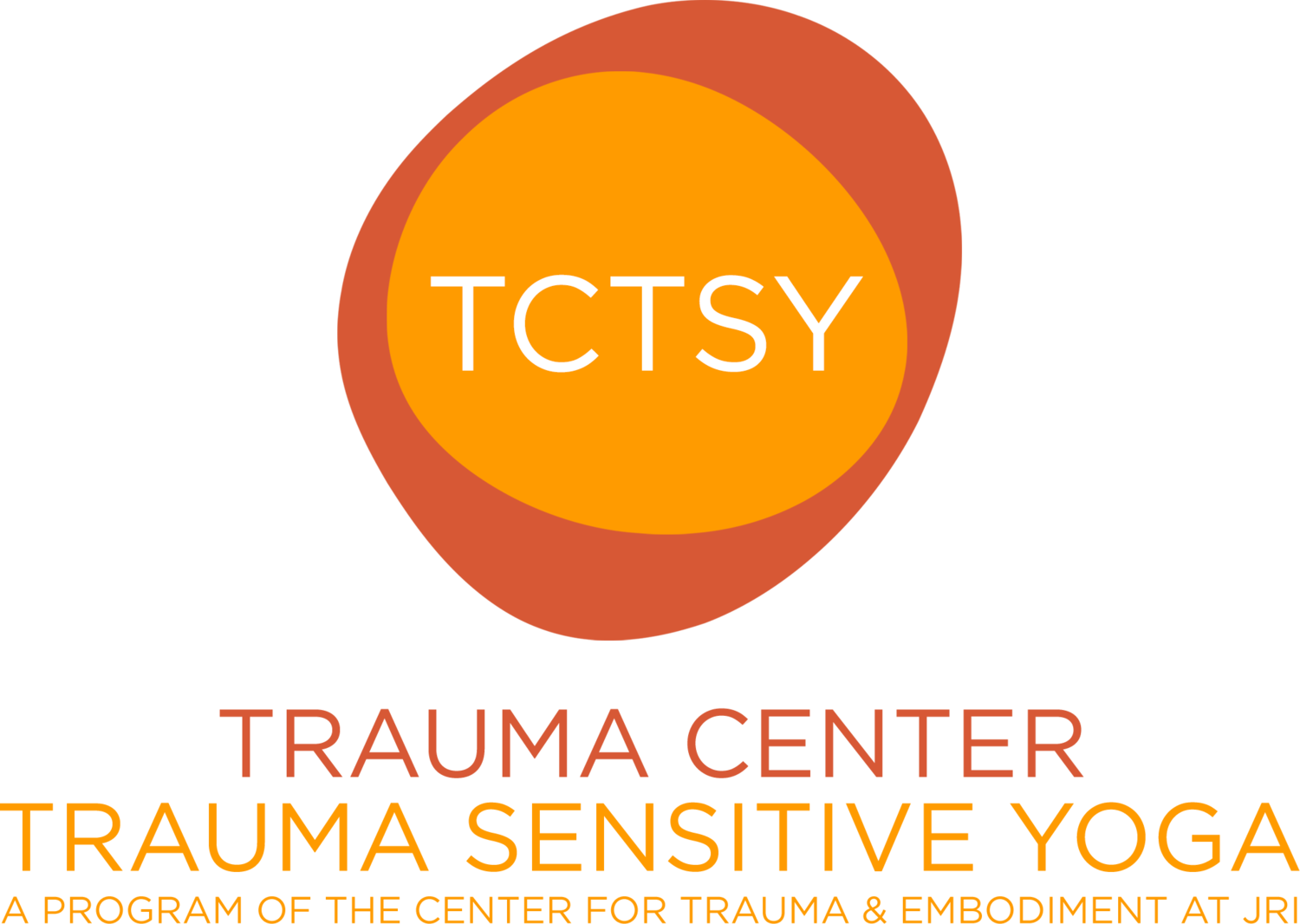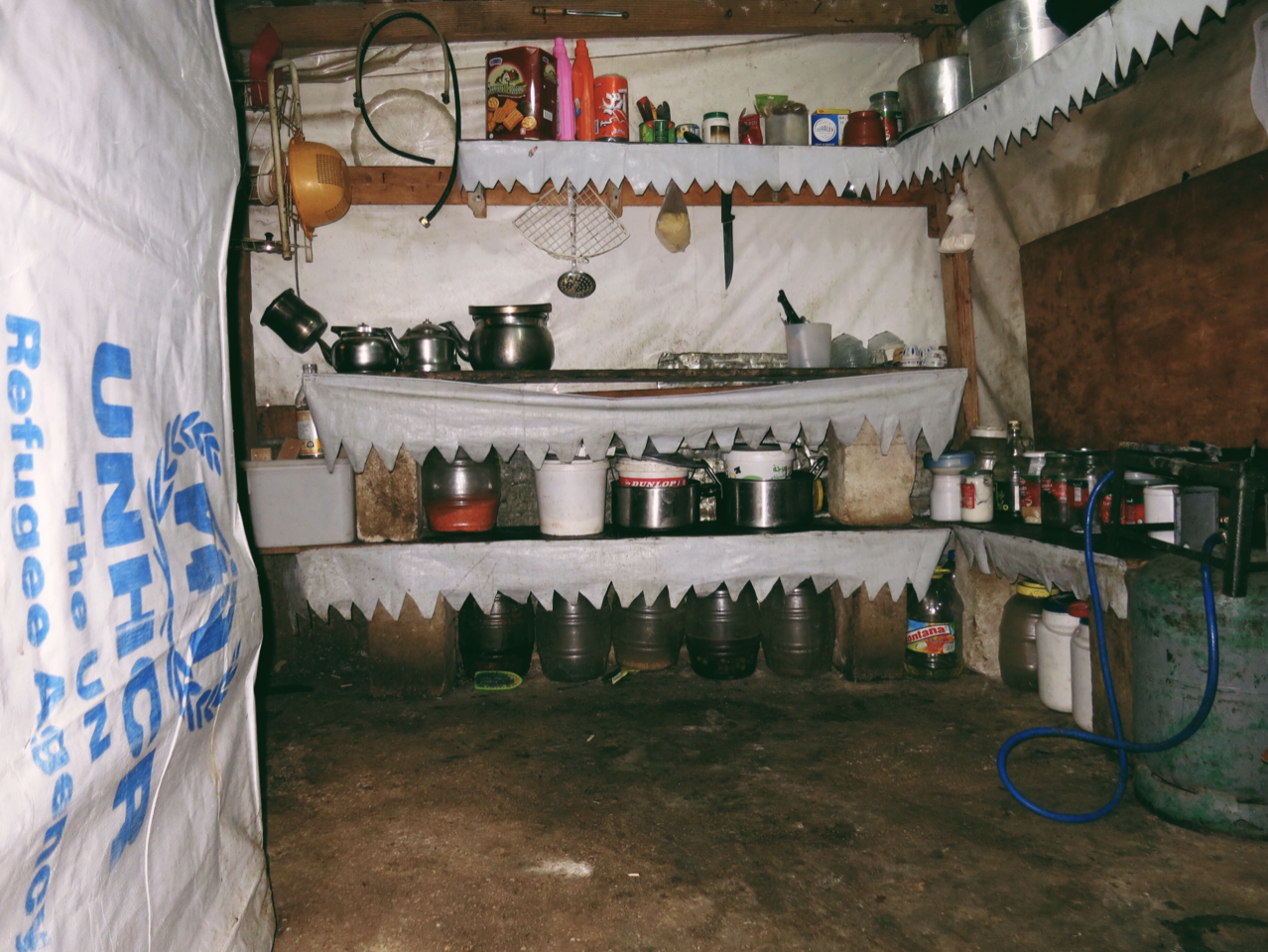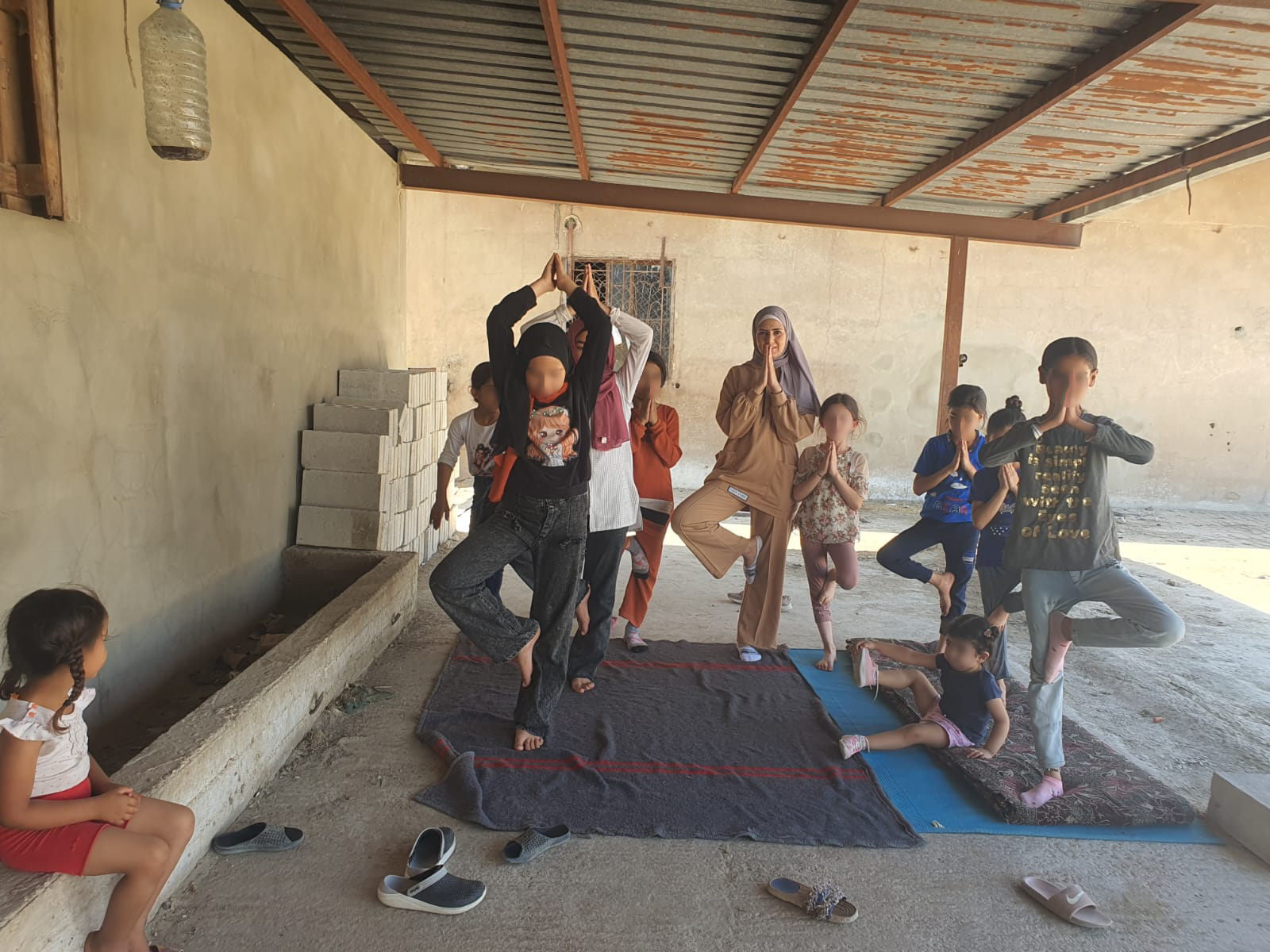
Rebuilding Resilience
TCTSY & the Refugee Experience
Trauma Sensitive Yoga is changing lives in the Middle East
Refugee TCTSY Community Leaders from Syria and Palestine are working to restore a sense of safety and agency for women and children living in United Nations refugee camps in both Lebanon and Palestine.
Watch the recent roundtable discussion with the leaders of this initiative.
Leila Johnson was offering TCTSY to Syrian refugee children in 2018 in a United Nations refugee camp close to the Lebanon-Syria border. Observing its immediate benefits for refugees, she began working closely with refugee community leaders, including Fedaa Almudahi, Mohammad Abu Srour, and Farah Housami, on an initiative that would train refugees in both Lebanon-based and Palestine-based camps to facilitate trauma sensitive yoga for women and children.
These community leaders, alongside translators, researchers, and artists, have helped to adapt TCTSY, a survivor-centered healing modality developed in the West that is rooted in both trauma research and yoga, to the culture and language of those living in the camps.
As TCTSY is more adapted to the needs of the refugees, the demand for more sessions with trained refugee TCTSY-CL grows every week.
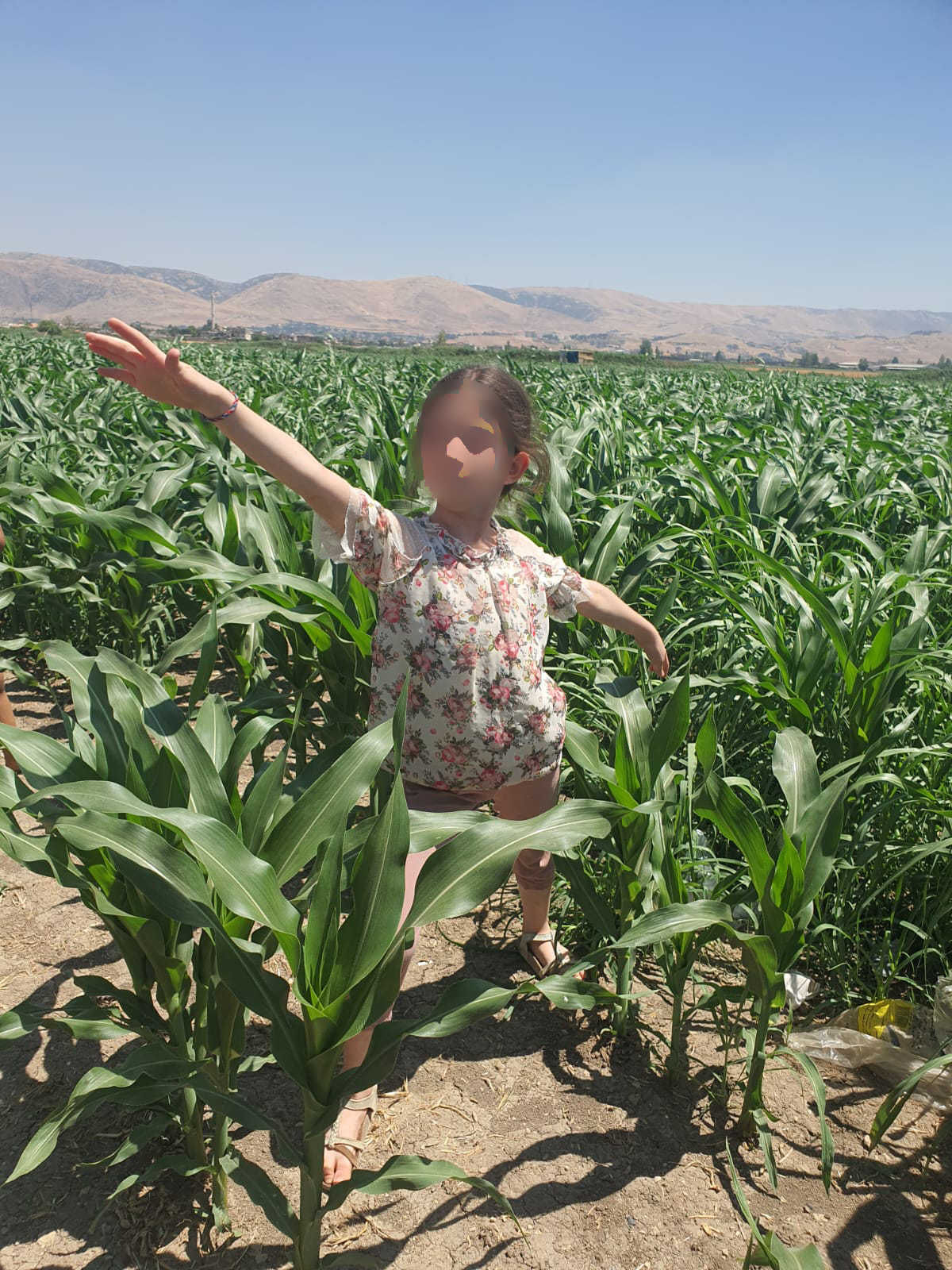
TCTSY sessions frequently need to be moved to new locations due to the threat of kidnapping
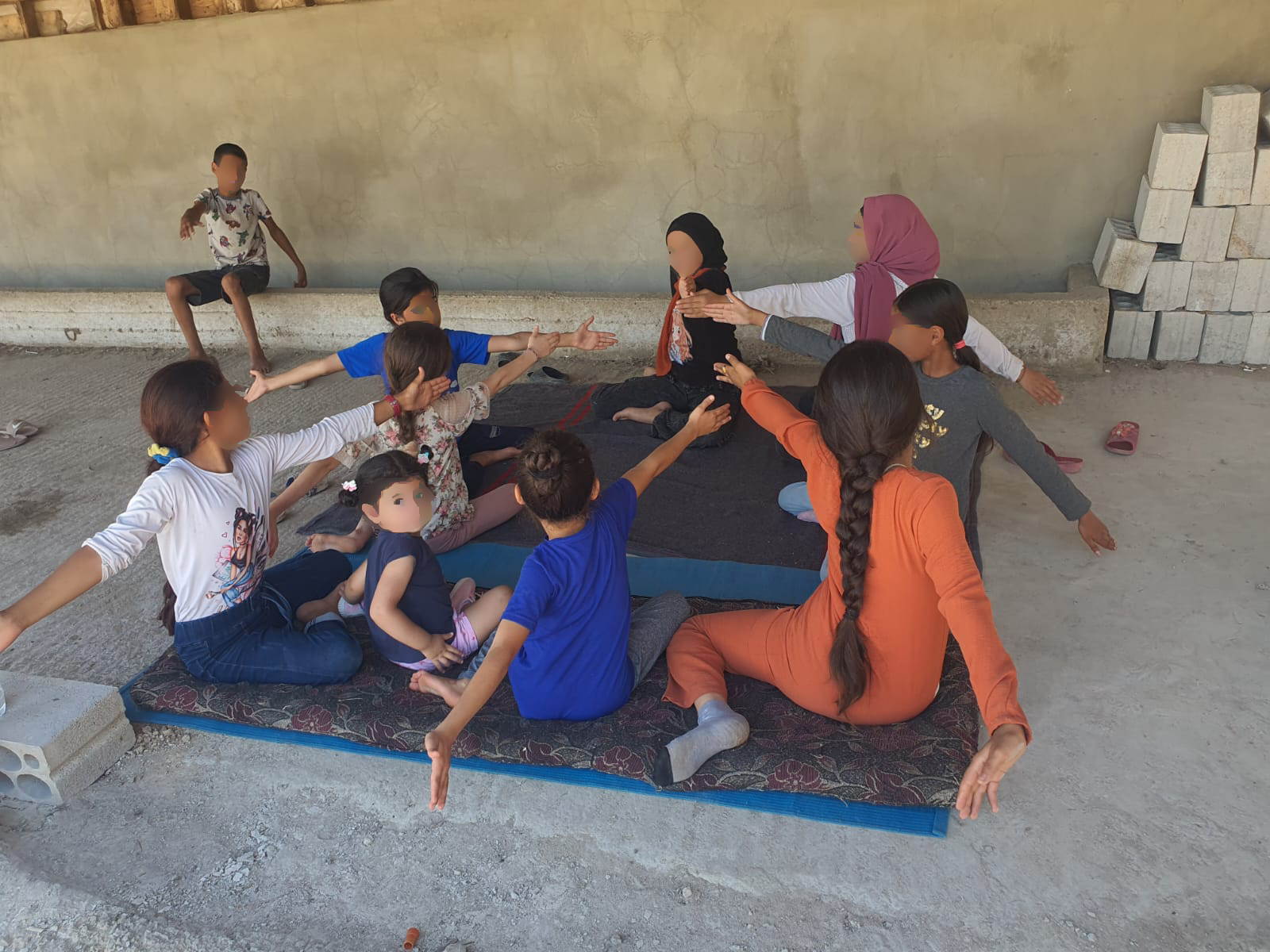
TCTSY for Children has had a profound impact on the mental health of these refugees
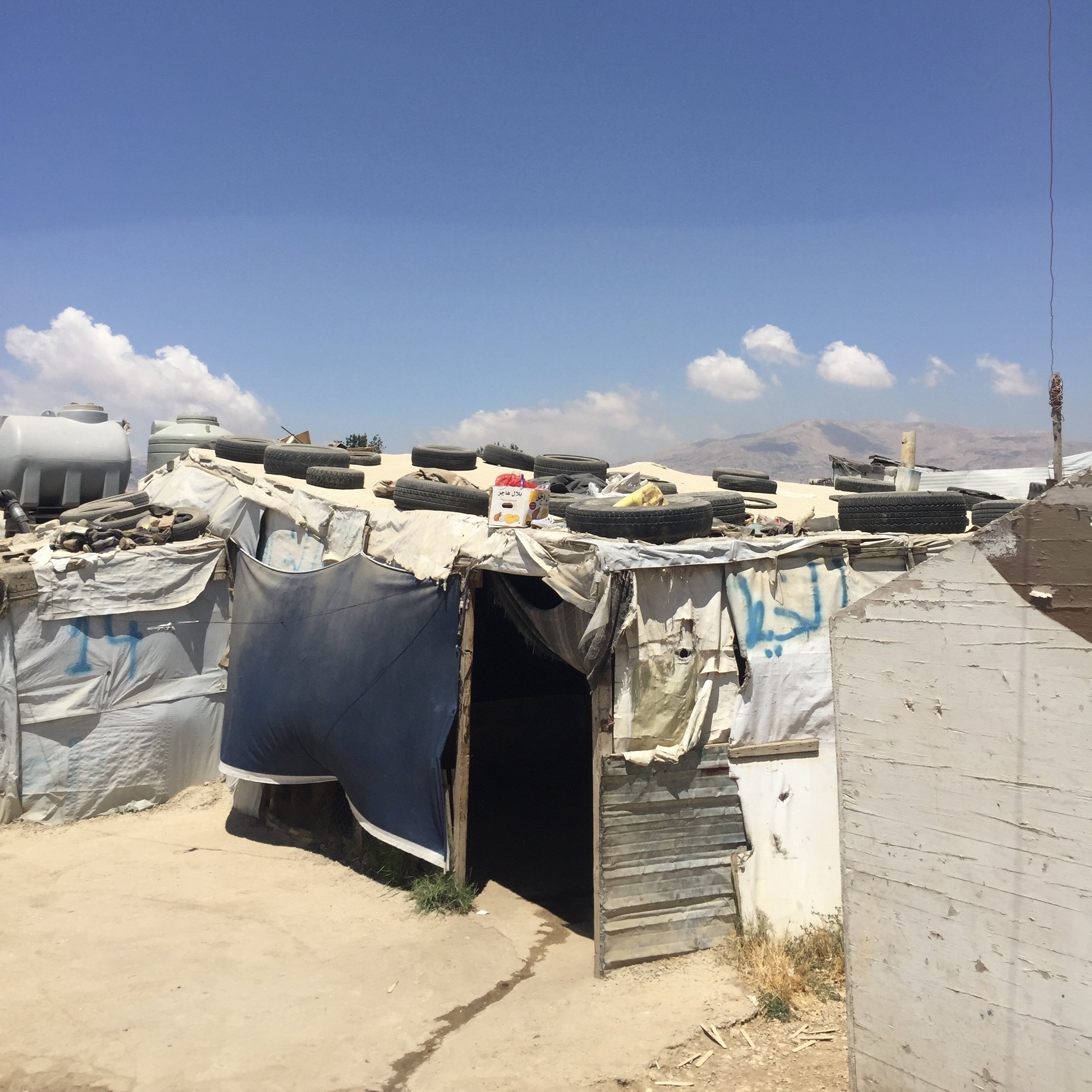
Syrian Refugee camps in Lebanon often lack infrastructure and basic utilities

Yoga has many benefits for people of all ages

A TCTSY session for Syrian women refugees
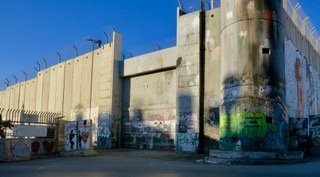
The walls of the Aida Refugee Camp in Palestine
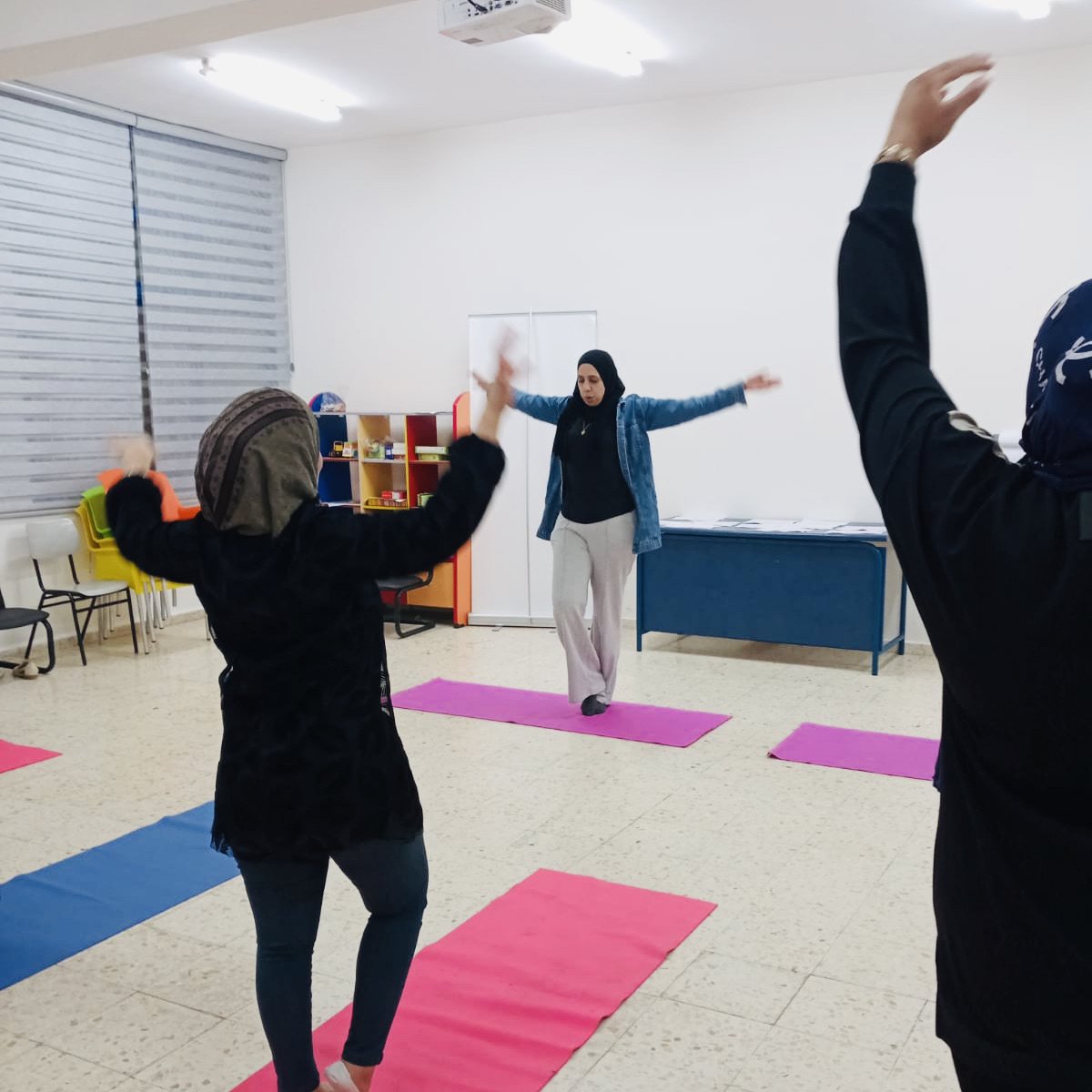
A TCTSY session for adult women in Palestine

Whole families can benefit from trauma sensitive yoga
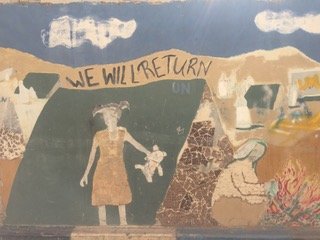
A mural that captures the essence of the refugee spirit on a wall in Palestine
“I’ve seen how this kind of yoga works in our community, and if we can offer more — my hope is the children will be able to concentrate at school and help with the memories they get.”
— Fedaa, Syrian Refugee, TCTSY Community Leader
Refugees Are Survivors of Chronic, Complex Trauma
The goal of this refugee-led project is to empower those having a refugee experience to cultivate resilience to trauma by adapting TCTSY to their needs and cultures.
Trauma occurs when one person or group is deprived of agency by another person or group that typically hoards access to resources. TCTSY seeks to restore agency to the survivor by inviting its participants to make choices that make sense for their bodies through a process of interoception, or noticing the body’s signals to help us understand and regulate our physical and emotional states.

Over 7,000 Palestinian refugees live within the walls of the Aida Refugee Camp.
Many of them are third or fourth generation refugees.
Established in 1950 between Bethlehem and Jerusalem, Aida Refugee Camp is only .071 square kilometers, or approximately 3 New York City blocks. It is managed in conjunction with UNRWA, the United Nations Reliefs and Works Agency that largely serves Palestinian refugee populations.
Security raids, power outages, and water shortages are only a few of the many challenges that plague life in the camp. The Norwegian Refugee Council recently highlighted the deterioration of the mental health of children living in Gaza, which emphasizes the need for trauma care for refugees.
Millions of Syrian refugees are scattered across small towns throughout Lebanon.
While not housed in official camps with walls, they still have to live in makeshift dwellings with limited resources.
After more than 12 years of crisis in Syria, most Syrian refugees have to rely on humanitarian aid from UNHCR, otherwise known as the UN Refugee Agency.
The challenges of the refugee experience for Syrians in Lebanon include lack of resources alongside the threat of kidnapping — which means these TCTSY Community Leaders have to regularly change locations for their TCTSY sessions.
Trauma Knows No Borders
Currently, the TCTSY Community Leaders in Palestine are offering multiple weekly sessions, including TCTSY for pregnant women. The Community Leaders in Lebanon also offer sessions for women and children.
Our mission is to make culture-specific TCTSY sessions for Syrian and Palestinian refugees available for all who need it. TCTSY is the only evidence-based trauma sensitive yoga model. More than 20 years of research prove that TCTSY helps survivors of complex trauma and PTSD to recover.
Center for Trauma & Embodiment, a division of Justice Resource Institute, is honored to collaborate with and facilitate donations on behalf of this campaign, in partnership with We The Mindful, Aida Youth Center, and United Nations Relief and Works Agency.
As recommended by Richard F. Mollica, Director of the Harvard Program in Refugee Trauma, the project team has initiated a decolonized approach with the primary focus on cross-culture bridge building, and combining an in-person and telehealth model.
The team has grown to include:
Regional Director: Mohammad Abu Srour
Project Director: Leila Johnson
CFTE Supervisor: Jenn Turner
Facilitation Team: Jenn Turner, Dr. Viann Nguyen-Feng, Emily Lapolice, Leila Johnson, Venessa Bowers, Farah Housami, Molly Dibsy
Community Leaders: Mohammad Abu Srour, Shadtha Abu Srour RN, Rusaila Ibrahim lutfi lutf, Eman Faisal Almodhi, Khansaa Abed Alhamed Alhamoud, Rasha Ahmad Abdul Rahman Darwish, Fedaa Almudahi
Lead Researchers: Dr. Viann Nguyen-Feng, PhD (Perinatal-TCTSY), Venessa Bowers (TCTSY for Children)
Academic Advisor: Professor Rastin Mehri, PhD, Simon Fraser University
Interpreters/Translators: Mohammad Abu Srour, Professor Rastin Mehri, Farah Housami, Mohamed Dibsy, Rawan Moon, Samia Bouazza
Arabic Calligraphy Artist: Tauheed Faheem
General Advisors: Dave Emerson, Frank Cohn, Anas Abu Srour, Arianna Jimenez
CFTE Staff: Stefan Piscitelli, Mindy Levine, Sandy Mazur, Karen Schwartz
Our Community: Beyond Conflict, VAST, Canadian Syrian Foundation, Harvard Global Mental Health: Trauma and Recovery Certificate Training Program, Aida Refugee Camp, Wing Women Lebanon
